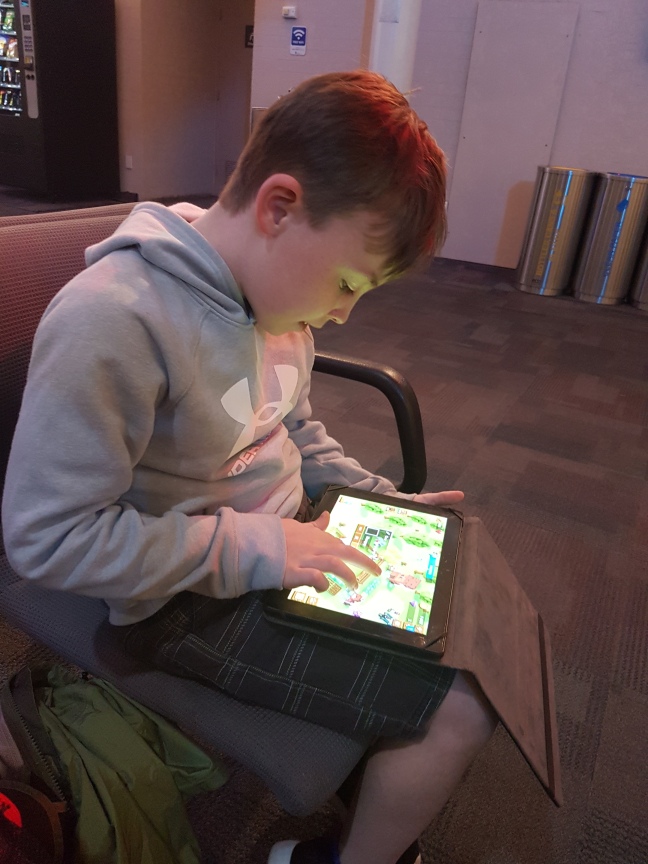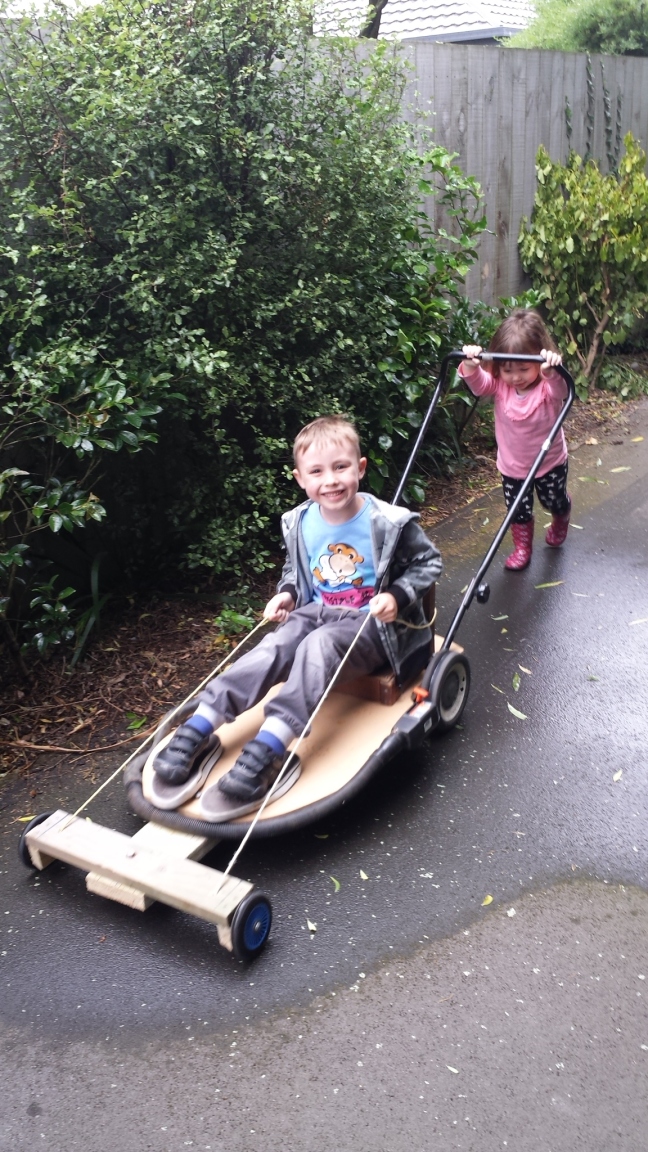Is it called women’s work because it means getting paid less? Now it is true that women get paid less than men! A 2015 study says 20 percent less! In most occupations the difference is not that noticeable, but I believe that women get paid less than men because of their preference for occupations as carers and educators.
In New Zealand it has been over 120 years since Kate Shepherd led the suffrage movement to allow women the right to vote, and yet women still fill the low paid and under-appreciated roles of educarers, not what most of us think of as equality. It has been 100 and 20 years and those of us who do the women’s work of early childhood education still accept that even though we nurture the future leaders of society and have full responsibility for the wellbeing of societies most vulnerable, we as teachers still accept being paid less than other qualified professionals.
Why do occupations dominated by women earn less than a men’s? Is this why only 2 percent of early childhood teachers are men? According to Employment New Zealand statistics in 2015 the average pay rate is approximately $31 for men and $27 for women, Now most qualified early childhood professionals do not earn the women’s rate and I’m sorry to say I bring the male average down too.
Womens work and by this I mean the ability to nurture, and in a calm stable manner provide education and care in equal proportions. Yes, by this I do mean to multi task and think on our feet – this is skilled work that to do well takes years of practice and dedication.
This work is arguably the most important work in society – work that I might add sends grown men running in terror, work that the average parliamentarian would not and could not even dream of doing as a career.
The work caring for the elderly, caring for the sick and caring and educating our children are predominately women filled roles where people are responsible for societies most important assets and families most precious possessions.
What makes an early childhood teacher? It is not just the now mandatory 3 year degree plus 2 more years of on the job evidencing teacher practice – (yes it does take 5 years to be a registered teacher of 3 year olds!) It is about looking after young children as an altruistic vocation. I have heard teachers described as “someone who steals from home to take things to work” this is a passion not just a job. Just like all teachers, early child hood teachers take work home and are under pressure to meet company, parent and government expectations. Early childhood teachers act as professional guardians of children and manage situations in the moment while delivering curriculum from a social and academic basis. Womens work is done from the heart, this should not mean that teachers are penalised and taken advantage of by being given less than they deserve.
Research says that the early years of 1 to 5 are the most important as they affect the rest of our lives. What you did or did not learn before you went to school has shaped what you are today. These years are where language is developed, social skills are ingrained, and the habits and behaviours that follow us for the rest of our lives are made. While parents are the most important part of any small child’s life, 96.2 percent of New Zealand’s children are spending their important waking hours in centres away from family.
What children are being imprinted with and the quality of care they receive comes down to the expectation that caring qualified professional women and men will do this role for less than the average man, for less than a professional wage, for less than they deserve.
Early childhood teachers are there when children’s brains go through the most rapid growth, when children are developing theories about the world around them and when they are creating disposition’s and character traits to carry them through the rest of their lives.
Why don’t more men do women’s work and by default increase the pay rate for women? The answer could be in this quote from Ruth Simpson (2005) who wrote “Women pursue male careers because they offer prestige, higher pay and opportunities for advancement, but men in non-traditional occupations have less to gain and much to lose. They may have to make sacrifices in terms of pay and status, as well as raising questions on masculinity and suitability for the job”
So much has been written about why men don’t work with small children – is it the noise?, the runny noses?, the fact there are so many women or is it because of the nurturing nature of the job? I believe it is about the money $$
Teachers have accepted the low pay rates for too long – a qualified professional is a qualified professional no matter what your trade or gender. Private centres are reliant on Government subsidies to pay for qualified professional teachers and when these subsidies fail to keep pace with inflation and the cost of living, teacher’s wages also fail to keep up, which makes it difficult to attract and retain dedicated professionals.
The government accepts the importance of quality early childhood education and our politicians have children too, so why the reticence in paying educarers a professional wage?
Government policy decreasing subsidies since 2009, to childcare centre’s to pay for qualified staff can mean either a drop in pay and/or less qualified staff to provide a high-quality care for children or for centres to pass the cost of hiring professionals on to parents – making quality care out of the reach of working mums and dads
The women’s work of early childhood education should be much better respected, remunerated and restated as the valued and valuable profession of women and men.
References
http://www.iwpr.org/initiatives/pay-equity-and-discrimination
http://stop4-7.be/files/janpeeters10.pdf NZ Research in Early Childhood Education, Vol. 10, 2007
Simpson, R. (2005). Men in non-traditional occupations: Career entry, career orientation and experience of role strain. Gender, Work and Organization. 12(4), 363-380.
Maria Johnson: Early education needs funding boost from Government http://www.nzherald.co.nz/politics/news/article.cfm?c_id=280&objectid=11787131



![20170617_084040[1]](https://scottpritchardblog.files.wordpress.com/2017/06/20170617_0840401.jpg?w=648) What drives us, is it fear, desire, greed or is there a built-in human trait of just wanting to achieve more? Whatever it is we are all part of the cycle of motivation.
What drives us, is it fear, desire, greed or is there a built-in human trait of just wanting to achieve more? Whatever it is we are all part of the cycle of motivation.